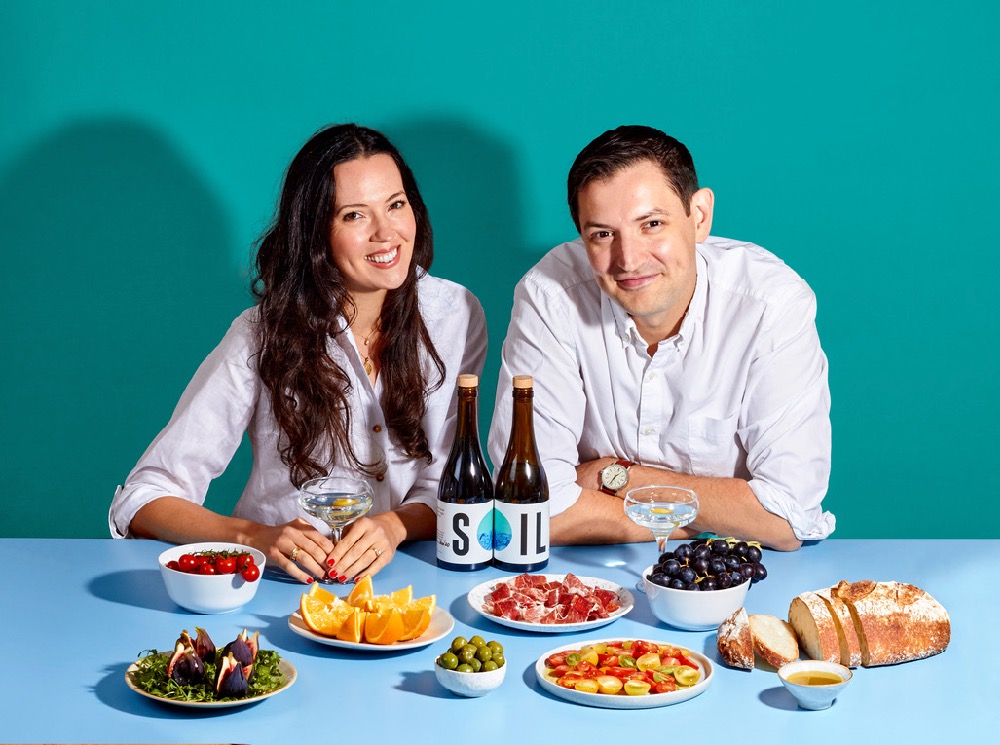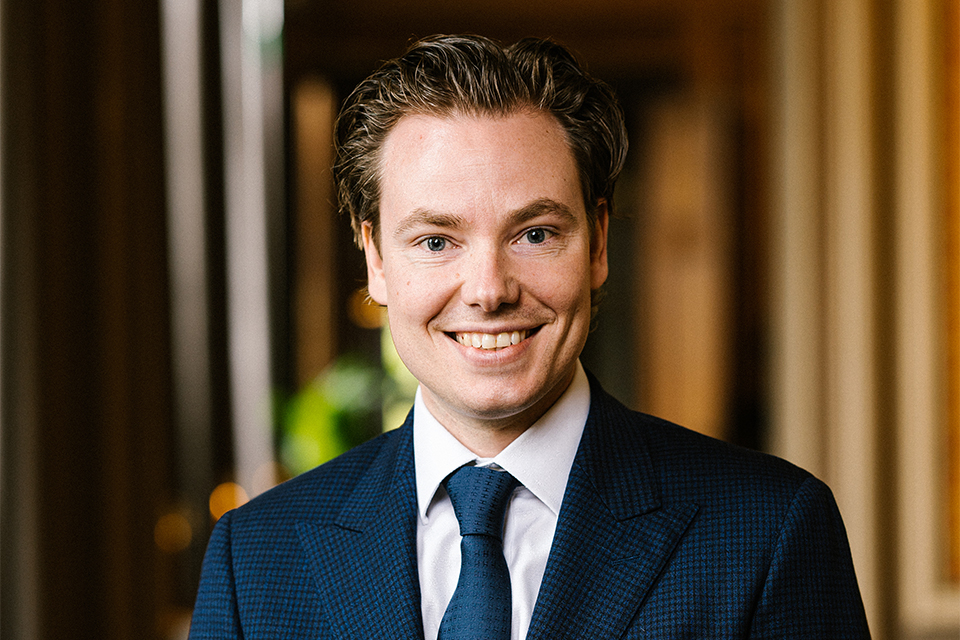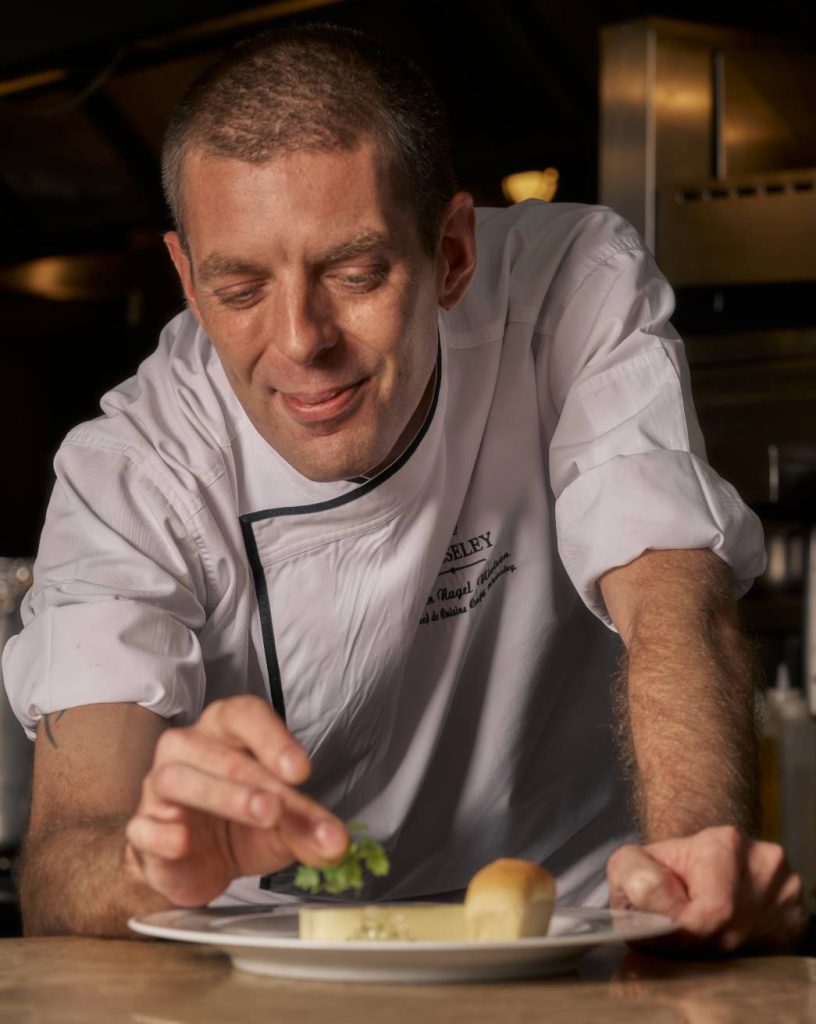Founders of Citizens of Soil, Sarah and Michael, are on a mission. A mission to present a more sustainable, fair and flavourful place, which all starts with the soil and an obsession with olive oil. They are champions of small-scale farmers who produce exceptional quality extra virgin olive oil and are determined to bring this to the kitchens and tables of the UK. In this interview, we discover more about their journey and admirable mission.
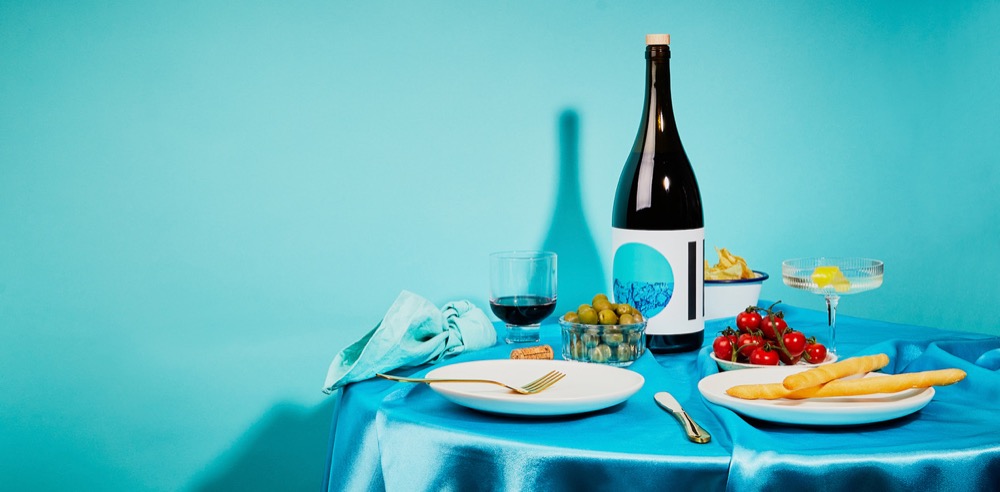
What inspired you and Michael to start the business?
Firstly, we wanted to help our friends (the Amargiotakis family). Here they were making this delicious oil in an artisan way to a very high standard (as it was made for their own family), but the rest was sold on.
This thoughtful oil was getting passed through “middlemen” and blended, ultimately losing its flavour, identity, and value.
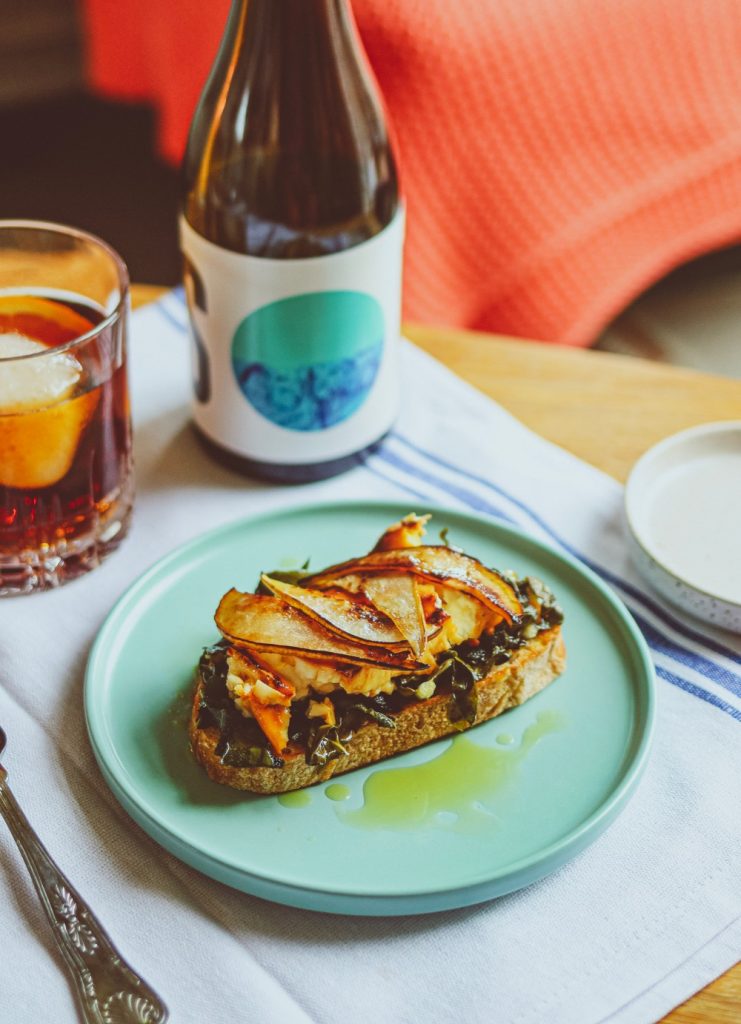
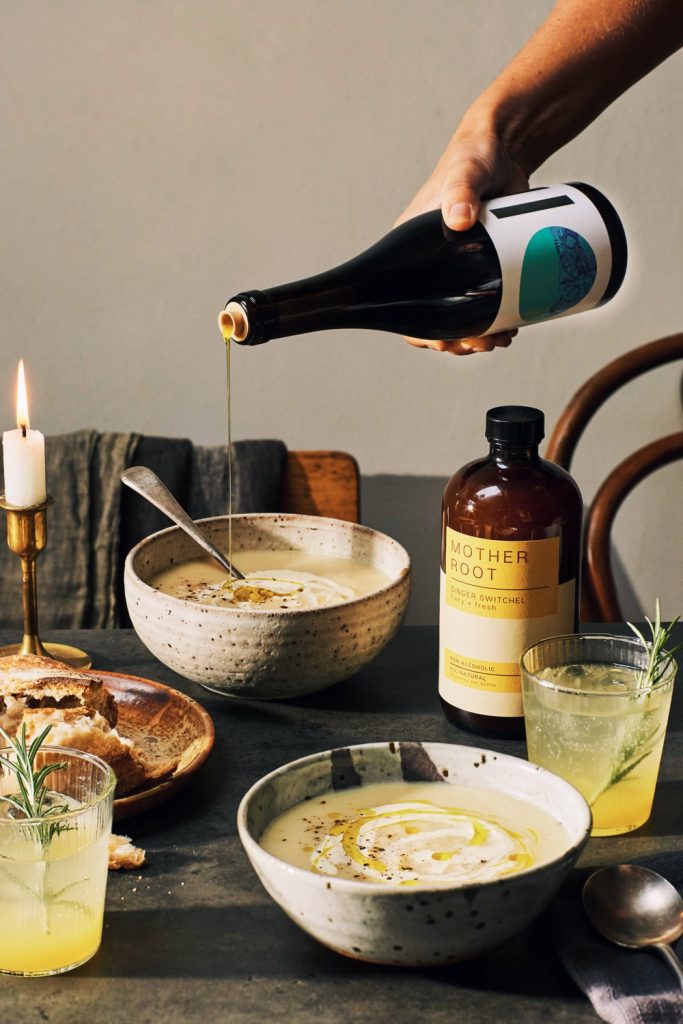
Secondly, we became obsessed with olive oil and the whole culture around it. The Mediterranean sea, the stunning groves, the health properties, the religious connection, the ancient history, its role in developing Western Culture as we know it—and, of course, the food.
Diving into the world of extra virgin olive oil felt like going into the world of wine—only somehow even more sacred, more romantic, and certainly more inclusive.
Finally, and connected to those reasons, there’s a rich culture and sense of place that’s intertwined with this land. For this reason, we wanted to get small-batch, single-estate products into the hands of people who would appreciate them.
And please tell us more about your journey so far.
What started as a side hustle to support our friends has grown into a proper business.
We imagined we’d start off at farmers’ markets and keep it simple, but both of our backgrounds led us on more of an adventure.
We’ve had an overwhelmingly positive response. Since that first go-live when we switched on the website on New Year’s Eve 2020, we’ve hit some incredible milestones.
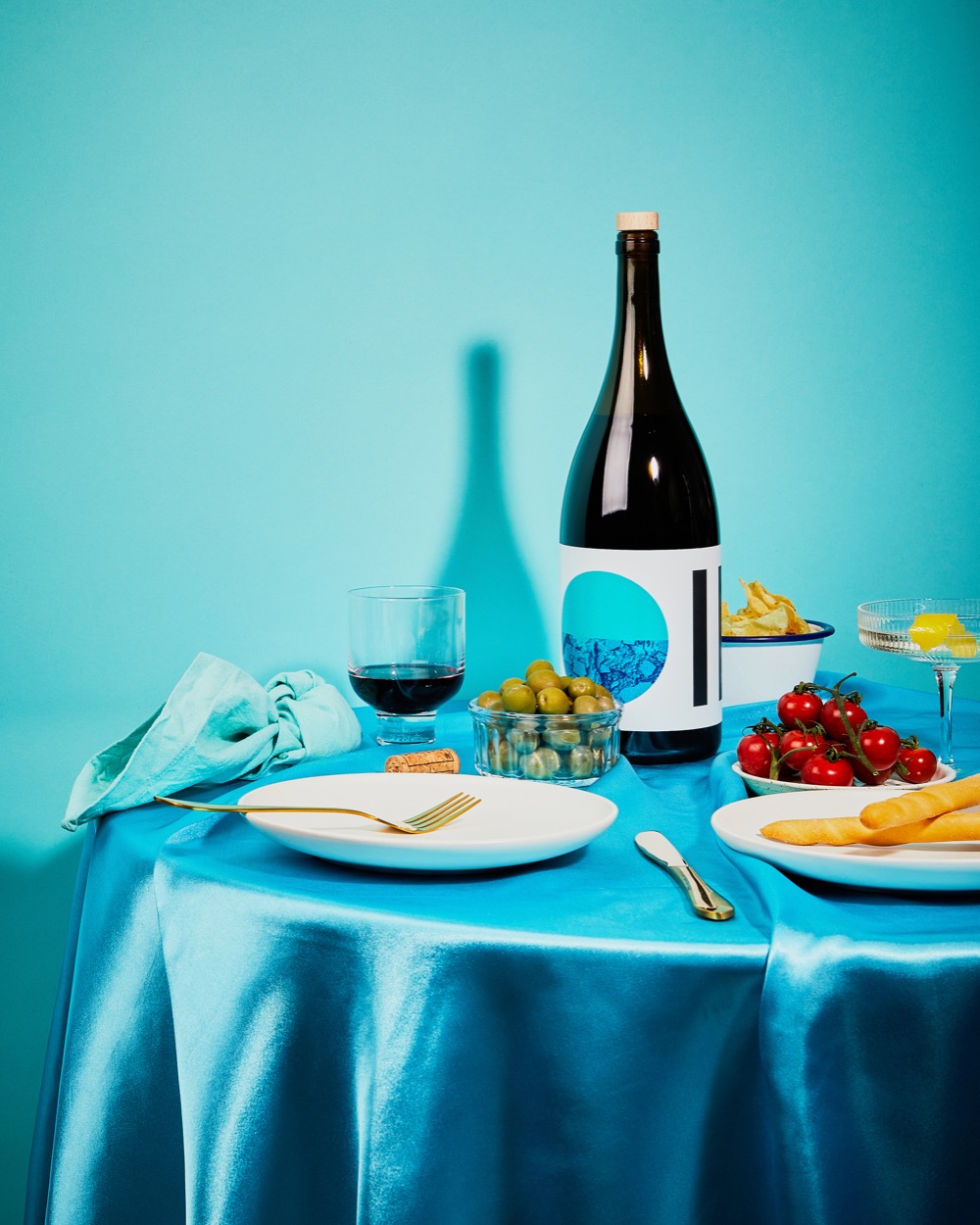

We launched in the likes of Selfridges, Top Cuvee, and Hedonism Wines—all absolute icons and leaders in their respective spaces. We also have a great group of independent shops across the wine, deli, grocery, and even lifestyle space that are now stocking us.
We’re also very proud to now be working with some incredible chefs. Places like Michelin-starred Cornerstone in Hackney, the world’s first zero-waste restaurant and award-winner Silo, as well as the first recipient of the Michelin Green Star award, Chef Chantelle Nicholson at her new venue, Apricity in Mayfair.
These sorts of wins really help us refine a more circular and minimal-waste approach to our packaging while continuing to support our farmers. This, in turn, funds higher-quality olive oils and better regenerative practices.
It’s nowhere near perfect, but our journey will continue to be about progress.
How would you describe the olive oil industry?
Olive trees, the fruit themselves, and the magical juice it creates is all really incredible. The people, particularly the smallholder producers at the very start working the trees, are very hard-working people who care greatly about their land.
Olive trees last for generations, sometimes hundreds and even thousands of years, so it’s all about being a custodian for a legacy that will nourish your family in the future.
However, the wider industry is rife with corruption, dating back to ancient times.
It’s a category with an astonishing amount of rules and regulations, and yet a huge amount of fraud and poor-quality oils flood the markets—even in regions that produce olive oil.
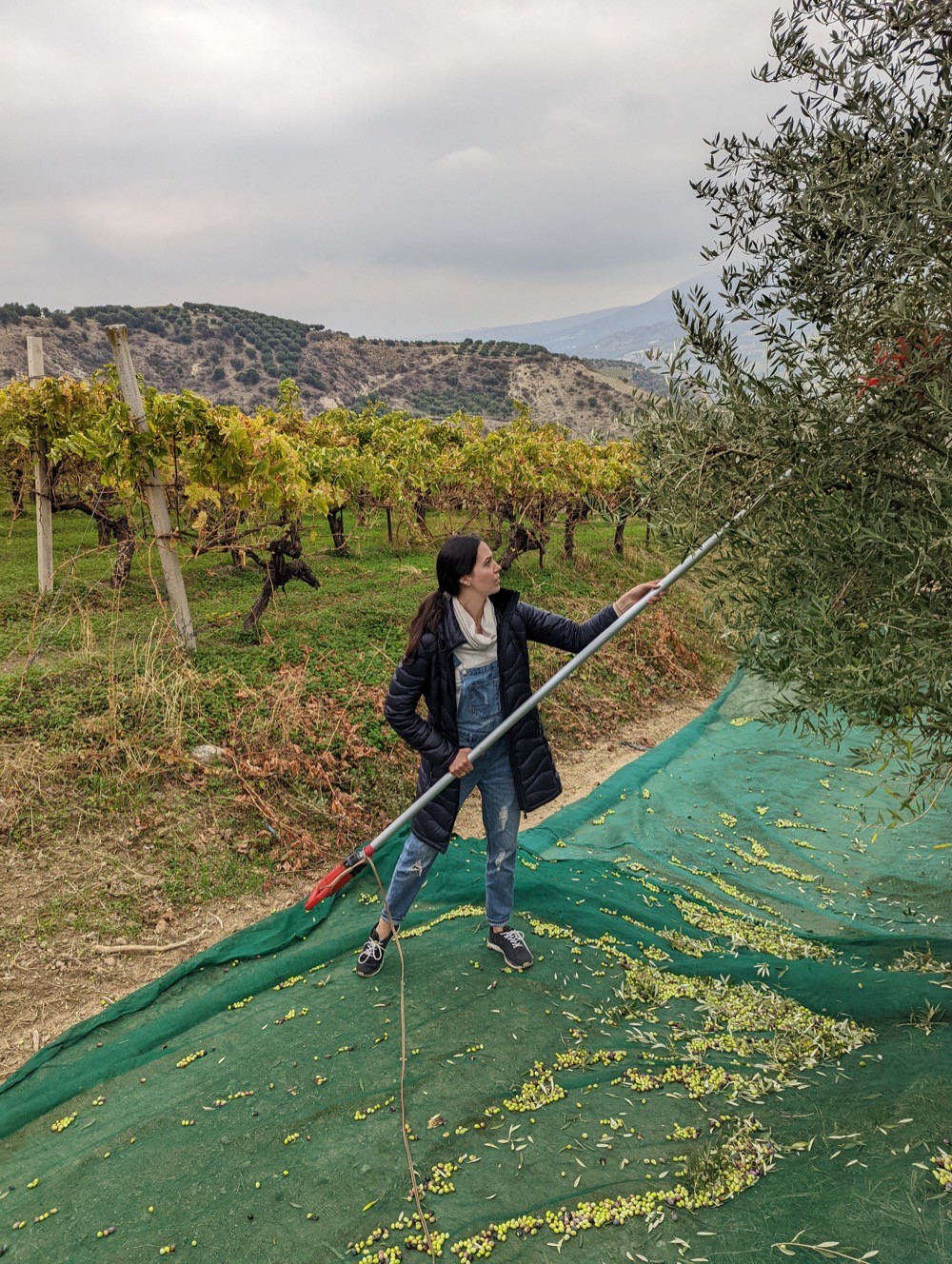
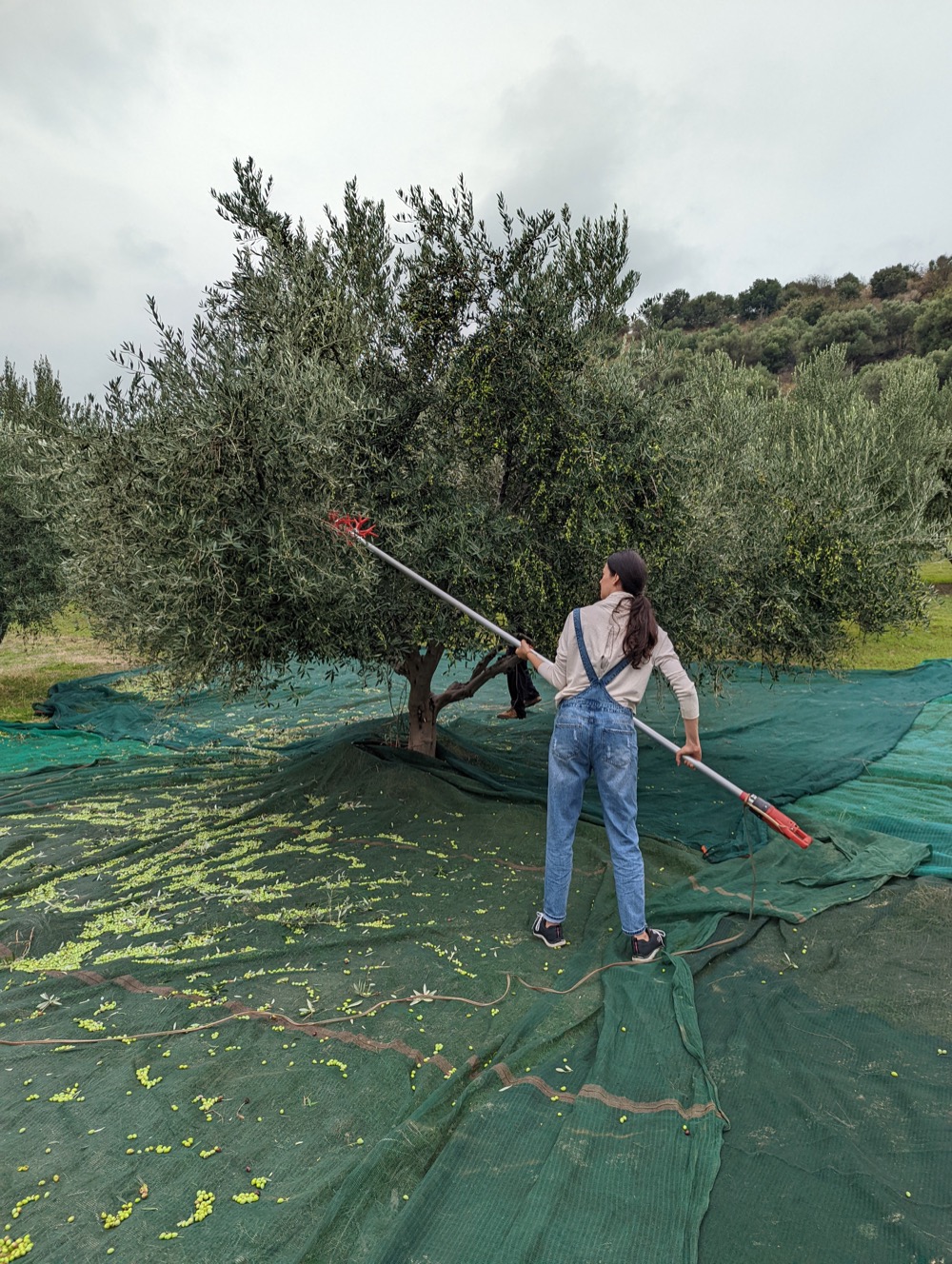
Today, what we’re faced with is an industry that has loads of rules but of which the consumer understands very little—to the point there’s deception.
Most people who buy something like extra virgin olive oil don’t know it’s a fresh juice that is best consumed within 18 months of production. They don’t know that the “best before” date doesn’t relate to its actual freshness (which comes from the harvest date, but that’s not required on the label). They don’t know how to cook with it since there’s been debunked myths about the dangers of its smoke point, etc. They don’t even know what it’s meant to taste like.
It’s also, like many other things, dominated by a few big players who are blending from high-density groves all over the place and then propping it up behind some nostalgic photo of an old Italian farm—when its oil is anything but that.
What are the benefits of small-scale olive oil production?
From the flavour perspective, you get to this oil that tastes like a specific place. It’s unique and representative of the people and land from which it comes.
On the human level, you’re supporting independent producers who are guardians of their own land. There’s not a lot of money in olive oil at this level. It’s treated like a commodity. But just like we’ve seen in things like coffee and chocolate, going direct as possible shines a light on the people and process while also putting more money into the hands of the farmers in that first mile.
In general, there are so many amazing small-batch products that never get experienced outside of their own families or local areas. They’re sold into bulk blends and stripped of their identity—getting lost in complicated, global supply chains. With Citizens of Soil, we want to break that chain. We want you to taste something you never would have had the chance to before; something beautiful and simple that represents where it comes from.
How does Amargiotakis oil differ from other olive oils on the market?
There’s nothing like trying something, particularly a single ingredient product, from a single estate. You really get a sense of place from it; it just tastes different.
The Amargiotakis oil comes from the wine region of Crete, in a village called Dafnes. It’s on rolling hillsides in the centre of the island where you can see small views of the sea in the distance.
The olive variety itself is also not very common. Even when I speak to colleagues in the olive oil community, it’s rare anyone has heard of it. Lionanolia is a beautiful olive that can produce quite high polyphenols. It’s from Corfu and the islands around there, but it’s made its way to Maria’s groves in Crete.
The olives are produced on a traditional farm, which means the trees are spaced out to grow over time and they don’t use machinery like tree shakers that crawl through the farm or harvest at night when it would disrupt wildlife.
It’s also a series of small groves, broken up by other small farming plots. Most of which are grapevines, but they’ve made a point to plant more than just olive trees on the groves to increase the biodiversity. They’ve started putting in more fruit trees, in particular, while also encouraging the wild herbs to grow around the groves.
They’ve got a relationship with local shepherds to bring their animals to help fertilise. And the trees are hearty—relying on nature more often than not as the groves aren’t irrigated.
They also get their olives to the mill within 24 hours, using modern-milling equipment to ensure it’s produced in a sanitary environment where temperature and conditions can be monitored to extract the oil in a way where no heat or chemicals are used.
Please tell us more about your products and the partners with whom you choose to work.
My partner met this woman on a ferry between Santoniri and Crete back in 2006. Her overwhelming hospitality struck up a friendship that became more like an extended family for us.
This woman was Maria, the owner of the olive groves where we source our oil from Crete.
For years, we knew they were making this incredible product. We knew they were caring for these trees very well and thoughtfully producing something to a high standard that they themselves were using all the time at every meal.
But we knew they weren’t being compensated right. And we knew they were completely shut out of the supply chain the moment they handed their oil off.
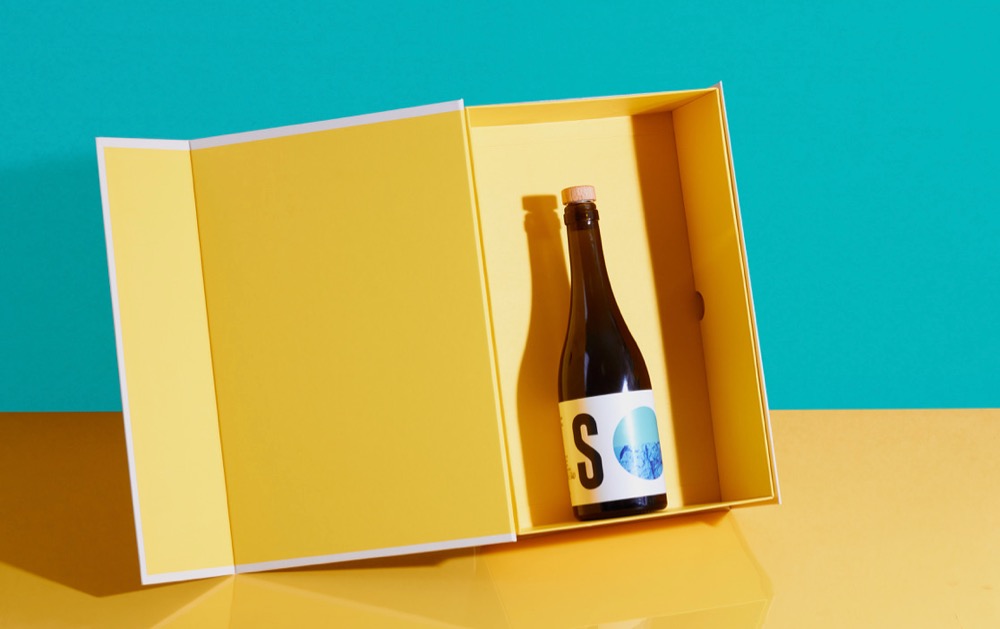
What we’ve done with Maria and her husband Dimitris are the same principles we try and follow with all of our suppliers.
We’ve made our supply chain transparent so people know who we’re in business with. It’s also about showing appreciation to the network that’s helping you build up your business.
In our case, we’re excited to shout about the packaging folks like Flexi-Hex that despite being more expensive, share our ethos and make an incredible pack for us, or our bottling site, who we chose based on their eco-credentials, or even on the marketing side the photographer who took photos for our website. We’re continuing to try to build a business where we can be proud of every player who has a part—big or small—in getting our product from farm to table.
Sustainability is of great importance to you – how do you achieve this and what do you believe is the key to a sustainable future?
Sustainability should be of great importance to every business today. It should sit at the top of their agenda and be baked into a triple bottom line—one that includes people, the planet, and profits.
Businesses, along with governments and individual citizens have to work together to solve the biggest problems facing us today and certainly the ones we have coming soon.
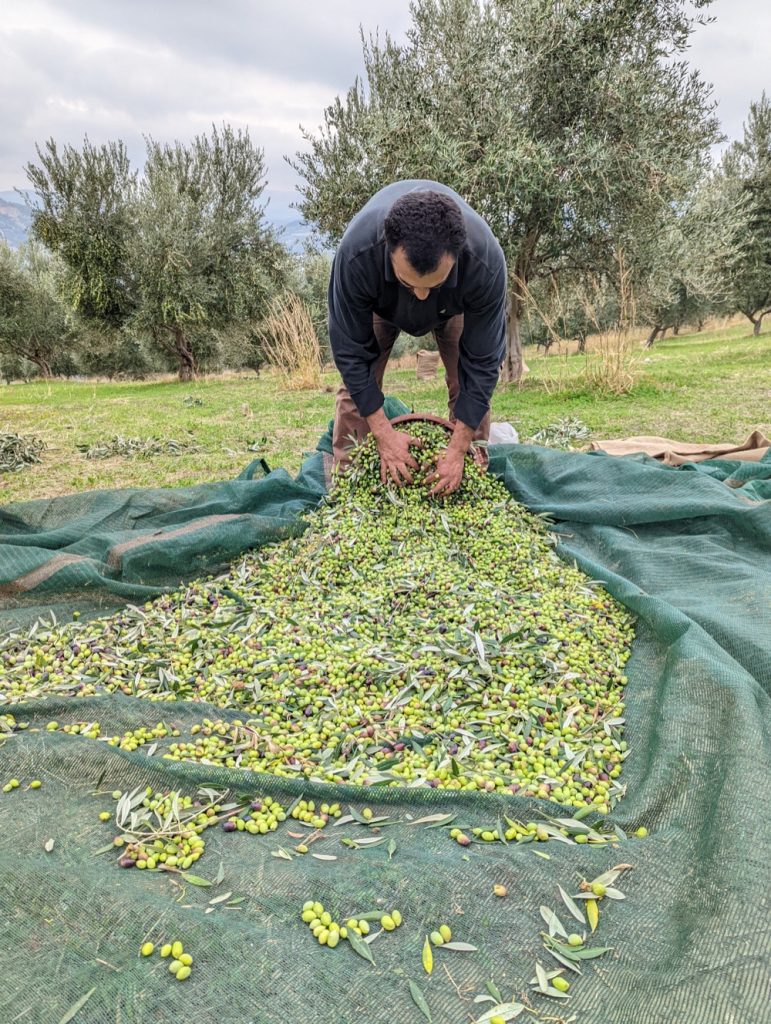
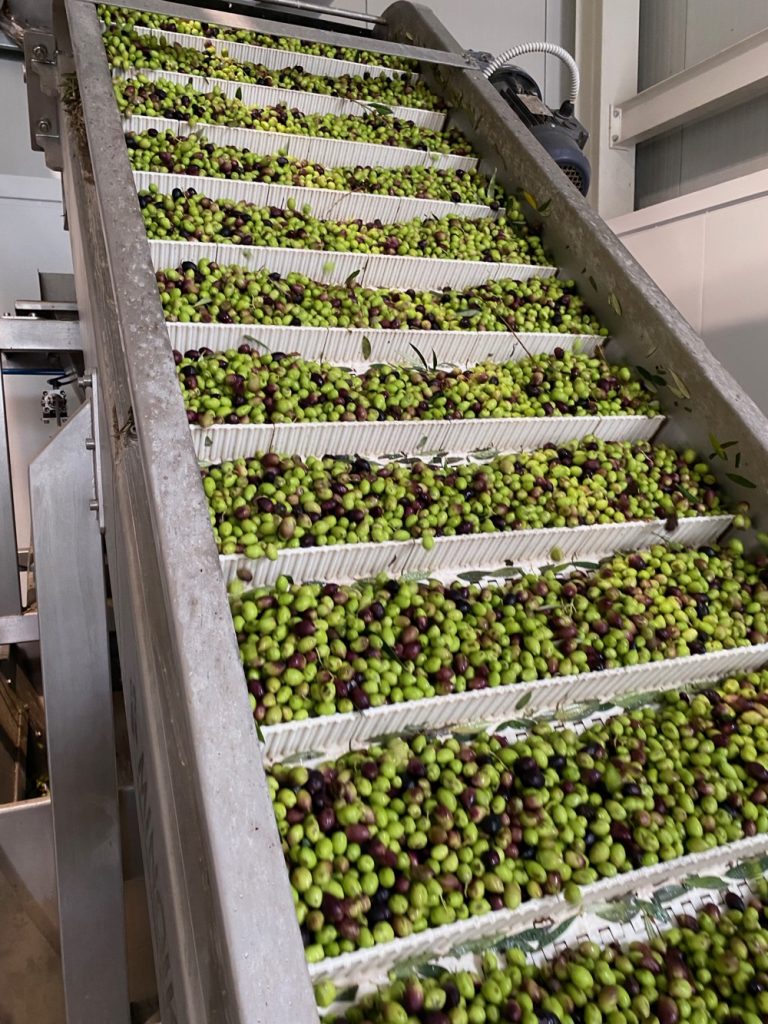
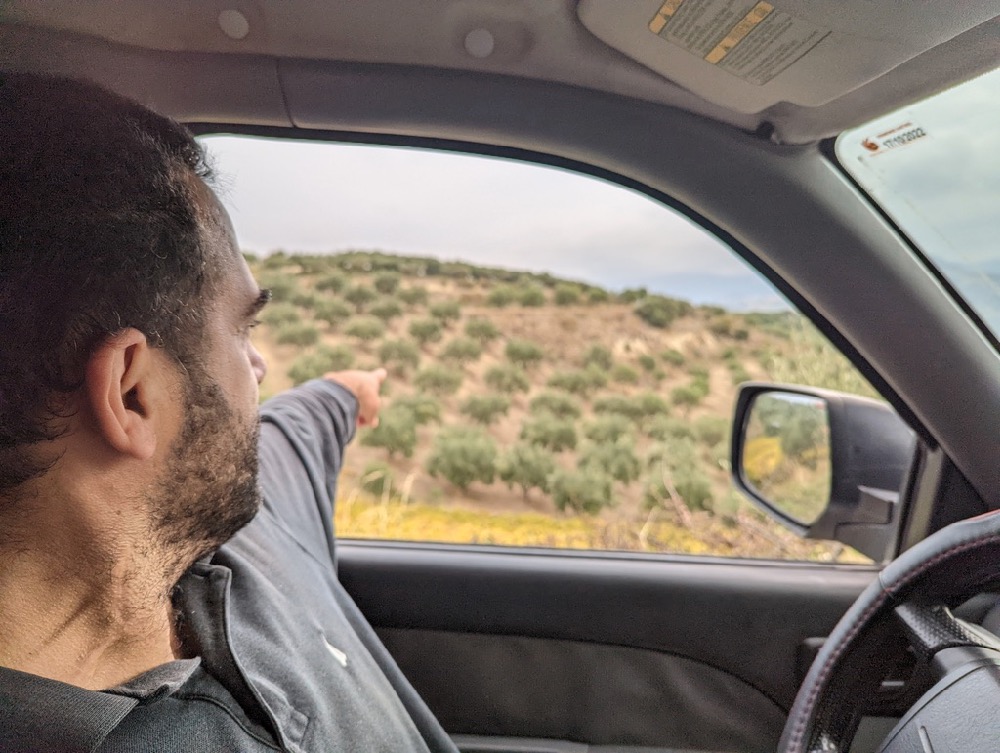
But it’s not easy. And as of today, it’s often the more expensive route—particularly for smaller businesses. It’s also about prioritising what you can actually do, since trying to do everything will spread it too thin.
We chose to start our business with a focus on fair. For us, this means fair pay throughout the supply chain. We pay our farmers well above the market rate. It also means always asking questions about the living wage being paid—even of our farmers about any day-labour brought in during harvest.
After people, we focus on the environmental impact. In our case, soil health is very important to us so we’re always learning and looking for opportunities to “regenerate” as sustaining isn’t going to protect our groves in the future. This is why we work with our farmers on regenerative practices as well as commit at least 1% of our total sales to soil regeneration charities through our 1% For The Planet membership.
And what does the future hold for Citizens of Soil?
We’re really motivated by the response we’ve seen so far! We have such positive feedback from our customers and tastings. We’ve had some taste-makers like leading chefs, bartenders, and people who have great reputations across the food industry saying they love our oil and signing up to subscribe for our monthly refills.
Now, we’re looking at the next oil. The plan is to have a range of single estate extra virgin olive oils so we can introduce our community to the spectrum of flavours and really let them get to know more about the category—just as you see in wine.
We also would like to move into other kitchen staples that we think need a shakeup. There are so many other things we consume every day—and they have a big impact not only on the flavour of our food but also because of the commodity status—on the people and places where they come from.
Our mission continues to be a more fair, sustainable and flavourful place.
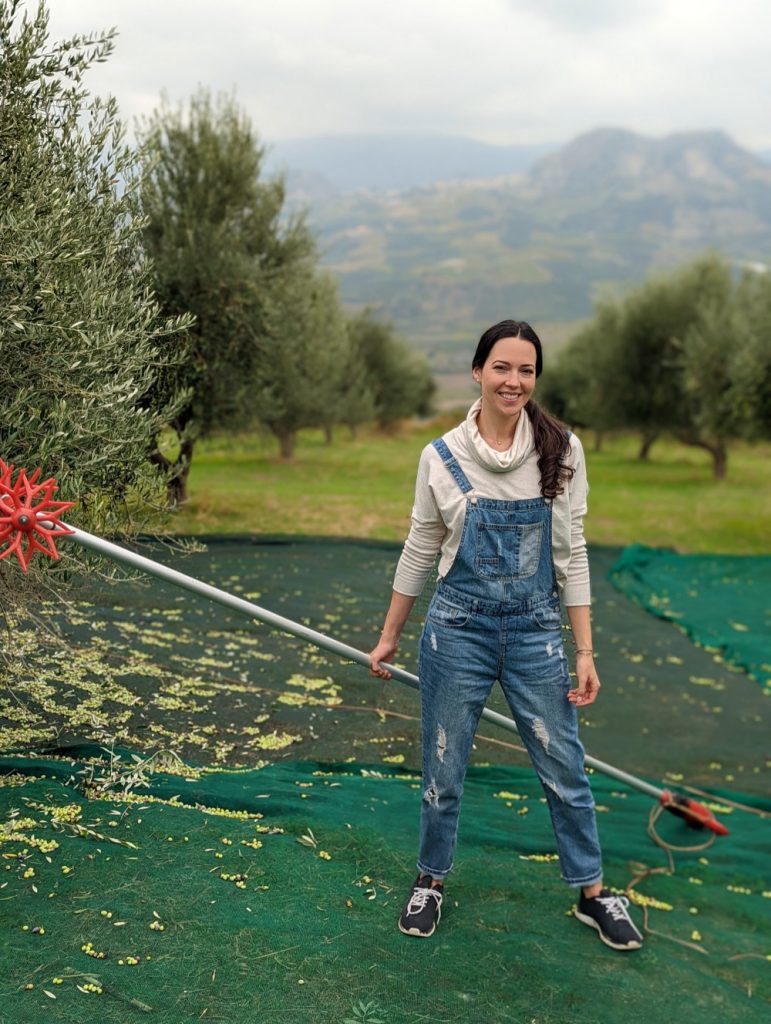
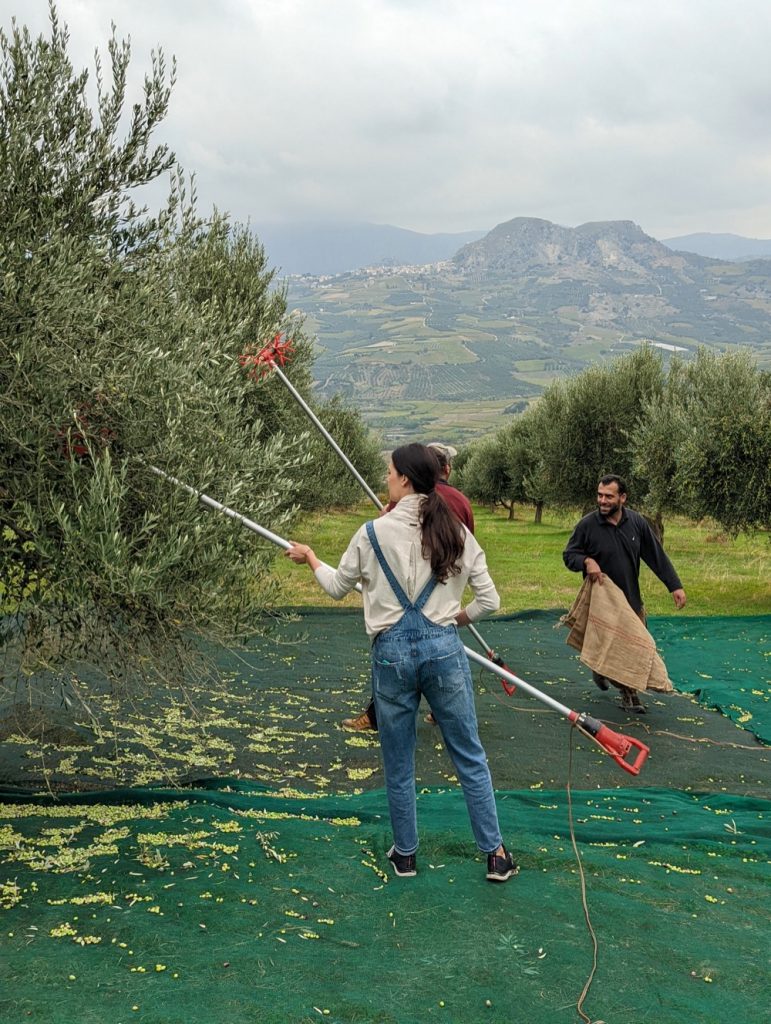
Luxury is entirely subjective – what does it mean to you?
To us, modern luxury means thoughtfulness and attention to detail.
Nowadays, it should mean a well-compensated supply chain and giving back in the form of ensuring sustainability or creating a more positive impact on people and planet.
That’s the true rarity, and it’s also where cost and value racked up—meaning the price you pay at the till reflects what’s gone into the product.
Please share with us your life motto (if you have one)
Definitely our business motto and one we also share as consumers ourselves is this: Every time you spend money, you’re casting a vote for the kind of world you want.
As a maker of products that people buy, especially at a price reflecting quality, we need to make decisions that reflect that quality throughout.
I think one of the most exciting things for me about starting a business was the idea of building a business the way I want the world to be.
It’s an opportunity everyday to make decisions that work toward a better place.
Further Details
Website: www.citizensofsoil.com

